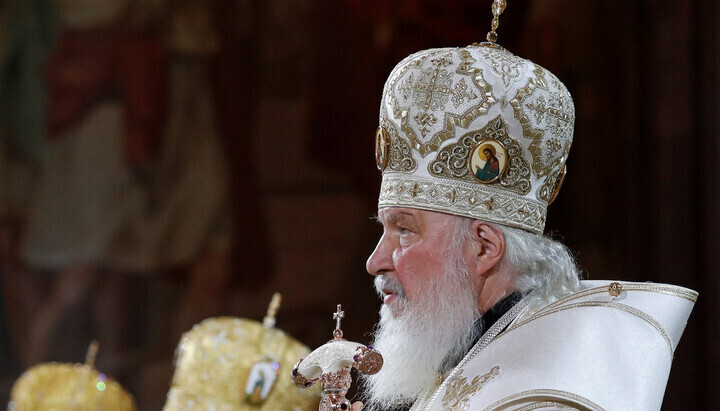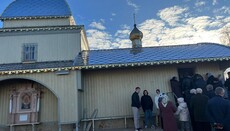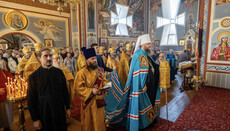Zoria: Filaret conveyed to Epiphany – you honor our deal or they topple you

Filaret was always sure that the Kiev Patriarchate rested on his authority and Epiphany “could neither unite the Church around him nor manage it,” the “hierarch” said.
“Either I am the patriarch and head the Church or I will go out to the people and they will follow me,” Filaret Denisenko, the head of the liquidated UOC-KP, would deliver such ultimatums to the OCU, demanding that the agreements on the distribution of leading roles in the newly formed church structure be fulfilled. Spokesman of the OCU Eustraty Zoria said about it in an interview with Sonya Koshkina, which was published on "LBTV" YouTube channel.
According to the "hierarch", Filaret allowed himself to give up the "primacy" in the newly formed OCU only in lieu of that "he will be an actual leader of the Church until his death."
“These are his literal words, 'While I am alive, listen to me. When I die, then do what you want',” said Zoria.
At the same time, he emphasized that Filaret was always sure that "the Kiev Patriarchate rests on his authority and is united around it, while Metropolitan Epiphany would not be able to either unite the Church around him or to manage it." In addition, Filaret allegedly personally told the head of the OCU that Epiphany was no match for him.
“The last time they personally conversed before Easter, when the metropolitan came to congratulate him, but after that there wasn’t any normal communication because the patriarch in the very first days of April conveyed through one person his final ultimatum: either you will do everything that we talked about, i.e. that I am the patriarch and head the Church, or I will act as I see fit – I will go out to the people, say to them what I think it necessary, and the people will follow me. He would repeatedly tell a lot of people: Epiphany will be toppled, the patriarch will be followed,” the OCU spokesman said.
Recall that earlier, Eustraty Zoria stated that the heritage and name of the “Kiev Patriarchate” belongs to the OCU and is not Filaret’s private property, which he tries to dispose of at his discretion.





